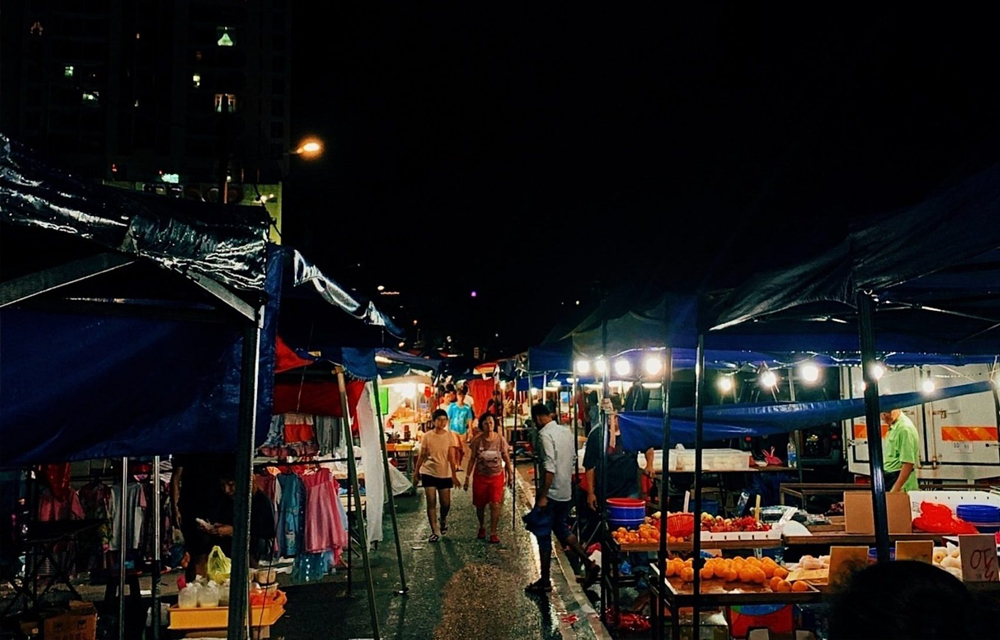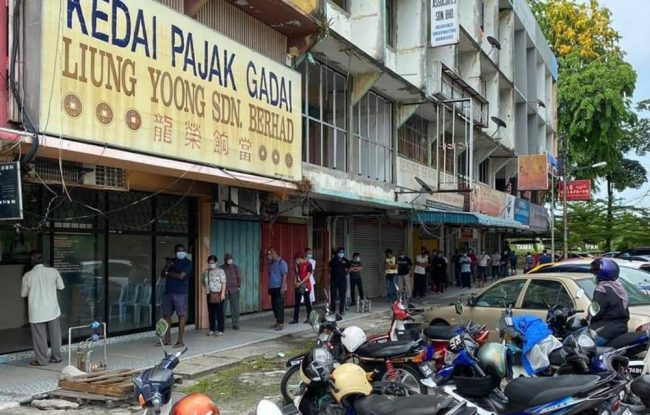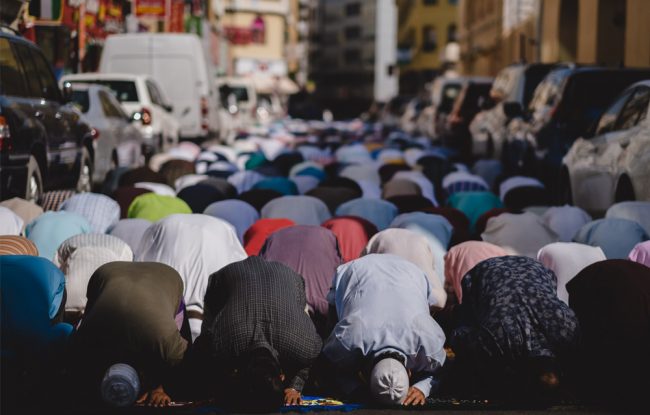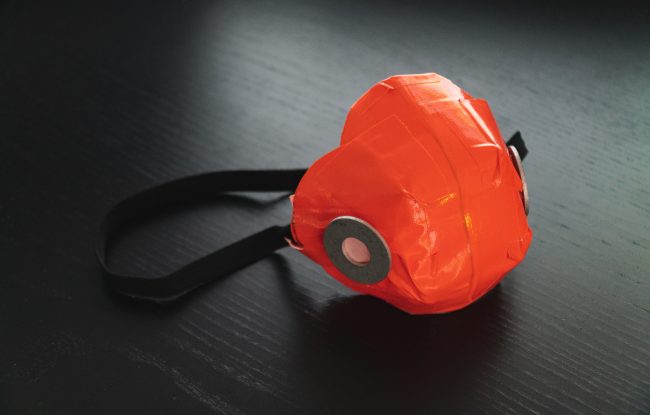The lifting of current restrictions, whenever that is, should not signify an immediate return to business as usual.
Malaysia is now into the fourth week of the Movement Control Order (MCO) that has been in place since March 18. We will soon find out whether this will be extended beyond April 14. Based on current statistics[i], there is cause for hope that Malaysia is gradually flattening the curve. It would therefore be prudent for the government to extend the MCO for at least another two weeks to properly see this through and avoid a sudden resurgence in daily infections nationwide.
It is understandable that many of us are tired of being stuck at home. We are pining for a return to normalcy, whether it is to reunite with friends and family, to frequent our favourite eateries and malls again, or just to regain some semblance of a social life.
For many others, the MCO has resulted in a temporary loss of livelihood, hence a greater desperation to see it lifted. Regardless of one’s circumstances, this pandemic has been life-changing – and those effects, like it or not, will linger long after the virus is gone.
As such, it is highly unlikely that the country will revert to its previous state once the MCO period ends. Not in the near future at least. Just as progress in our battle against the coronavirus has been incremental, a reversal of the present situation also needs to occur in stages (bearing in mind that some things will never be the same).
Until that happens, we need to embrace the fact that we now live in a ‘new normal’. The next few months are crucial to breaking the chain permanently, and MCO or not, we should continue to practice physical distancing and leave home only when absolutely necessary.
The government has already indicated that it will discourage, or possibly even ban mass gatherings (more than 50 people) for at least six months beyond the MCO[ii]. Concurrently, several states have cancelled the annual Ramadan bazaars[iii], asking traders to instead explore online or drive-through options. Similarly, it would be wise for other nonessential premises like parks and malls to remain closed or at least implement limited operating hours.
One of the silver linings from the COVID-19 outbreak has to be the ‘work from home’ (WFH) policy. While employers were perhaps forced into implementing this, it has yielded surprising positives as workers are benefiting from the flexibility, even suggesting that it improves productivity[iv]. Those with families and children may feel differently, but the point is that the current crisis has demonstrated that a remote-working model is actually sustainable. WFH can and should therefore be a viable alternative for the public and private sectors as we recover from this pandemic in the coming months.
As far as local businesses are concerned, many have found a way to survive the past month by going digital. Almost every day, there are new posts/messages advertising delivery options or virtual consultations for goods and services. The possibilities are limitless with technology, and the present scenario should further convince more businesses to make the switch.
Meanwhile, grassroots initiatives like #KitaJagaKita[v] (We take care of ourselves) are a comforting reminder of our togetherness in the face of adversity. Collectively, it has ensured that the most severely affected groups – be it the frontliners, the homeless, and the B40 (Bottom 40%) households – are not sidelined during this difficult period. Coupled with the economic stimulus packages[vi] recently announced by the Malaysian government, these groups now have crucial support to tide over in an uncertain new environment.
The ‘new normal’ is here to stay, and while most of us will (hopefully) adapt, others may find it harder to accept drastic changes to their lifestyles. The overzealous among us have even taken to comparing it to a dystopian future. The good thing is that there are ways to cushion the impact of such a societal transformation. In this case, the government can pursue an incremental easing of restrictions[vii] over time, especially in areas with lower risk of further infections, in order to balance cost and reward.
For instance, an initial phase would see the reopening of vital institutions such as schools, government departments, and places of worship in most districts except the ‘red zones’ – albeit with continued physical distancing measures and maintaining crowd capacity at a bare minimum.
If this succeeds without a spike in virus transmissions, then phase two might include reallowing access to recreational and leisure facilities such as parks, cinemas, and cafes – though again the caveat on crowd size would apply. Interstate travel would once again be possible, with roads reopened and public transportation operating as usual. Air travel would still be restricted, but perhaps confined to most domestic routes and selected international ones, depending of course on COVID-19 developments around the world.
Gradually, and as the disease is fully contained, it would finally be safe for the nation to operate at an optimum level. However, we must at all costs avoid executing the above phases in a rushed manner, or risk a fresh wave of infections that would completely negate our efforts up to this point.
The coronavirus outbreak is a costly yet valuable lesson for all of humanity. There had been many warning signs in the past of a global pandemic that would cripple social and economic systems worldwide. Unfortunately, we did not heed them then.
Nonetheless, each and everyone of us has a chance now to help make things right, and to avoid a health crisis like this one from ever happening again. Surely brighter days lie ahead, as long as we remain patient, resilient.
References:
[i] Covid-19 in Malaysia tracker: https://newslab.malaysiakini.com/covid-19/en
[ii] Health DG: Ban on mass gatherings may continue even after MCO is lifted:
https://www.thestar.com.my/news/nation/2020/04/03/heath-dg-ban-on-mass-gatherings-may-continue-even-after-mco-is-lifted
[iii] Several Malaysian states call off Ramadan bazaars amid COVID-19 fears:
https://www.channelnewsasia.com/news/asia/malaysia-covid-19-johor-sultan-ramadan-bazaars-cancelled-12601212
[iv] Covid-19 pandemic is changing employers’ perception of remote-work policies: https://www.nst.com.my/lifestyle/bots/2020/04/582203/tech-covid-19-pandemic-changing-employers-perception-remote-work
[v] #KitaJagaKita – a one-stop centre featuring civil society initiatives to help affected groups and the less fortunate during Covid-19: https://kitajagakita.com/pages/tentang-kami-about-us
[vi] Muhyiddin unveils RM250bil economic stimulus package:
https://www.thestar.com.my/news/nation/2020/03/27/muhyiddin-unveils-rm250bil-economic-stimulus-package;
Muhyiddin unveils RM10bil stimulus package for SMEs:
https://www.thestar.com.my/news/nation/2020/04/06/muhyiddin-unveils-rm10bil-special-stimulus-package
[vii] Ryan, B. Coppola, D. and Canyon, D. (2020) ‘Incremental community-based exit strategies for initiating and removing Covid-19 lockdowns’ Security Nexus, Daniel K. Inouye Asia-Pacific Center for Security Studies. Available at: https://apcss.org/wp-content/uploads/2020/04/Security-Nexus-Community-Lockdown-Exit-Strategies.pdf?fbclid=IwAR1uZDSVV1WDGsfNGCgAFCJyD52nUTCb4GdE1yWSplmpoFCHPysCXwEw8ao




